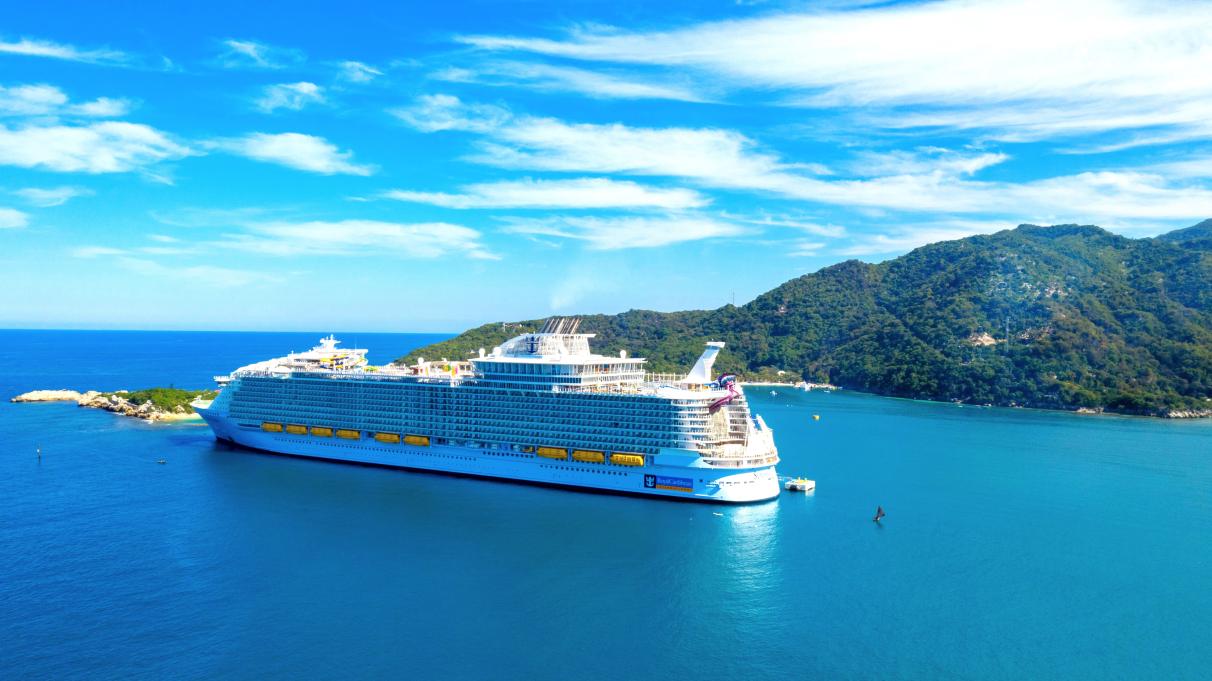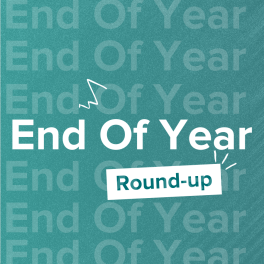
What Is It?
Introducing you to #CruiseTok: another seemingly random yet perfectly formed part of the internet that has sparked an obsession among young people.
The Royal Caribbean’s ‘Ultimate World Cruise’ is a 274-night cruise that set sail on December 10th 2023, with an itinerary that promises “60+ countries and 11 world wonders”.
It’s only a few weeks into the cruise, and Gen-Z is already anticipating daily reports on drama from the couple thousand strangers crammed together in what many define as a glorified sea-faring town.
The saga originates in late December when content creator Marc Sebastian – a passenger on the aptly named Serenade of the Seas ship – decided to film and share his experience. Other people took his idea on board (no pun intended), with Day In The Life videos such as ‘Spend The Morning With Us In Antarctica’ and ‘What I Eat In A Day On A Nine Month Cruise’ spiking in popularity.
The most viral content, however, recaps and deep dives into the real-life stories of passengers (some unverified and with a flavour of theatrical fiction). Many prominent creators are covering #CruiseTok from their own homes, meaning content (and potentially income) is being generated by people thousands of miles away.
But while the TikTok accounts dedicated to #CruiseTok are growing in numbers; the concerns hovering in the background are also getting bigger. So, does free entertainment justify the criticisms? Let’s explore.
Why Is the 9-Month Cruise So Popular on TikTok?
Cruise ships have been around for over 100 years. So what makes this one different? And why are TikTok users going to the effort of narrating onboard dramatics as they develop?
The ‘world cruise’ concept is fairly new to the tourism industry. It’s not really been done before – logistically far too complex for older ships and technology – meaning that the Ultimate World Cruise is a new and alien social experiment. And, as many have already pointed out, living on a ship for nine months with the same people will surely cause at least some conflicts to arise.
“I'm so invested in this 9-month world cruise happening cause I know it's gonna be some MESS” - @aprettyPR on X
Platforms are evolving from the high aesthetical expectations of post-2010s towards a far more reactive and dynamic era, allowing young people to become amateur documentary makers, investigative journalists and activists – perfect for uncharted drama happening thousands of miles away.
Indeed, in a landscape where streaming platforms are facing challenges, bystanders are given a front-row seat to #CruiseTok completely for free, resonating with the desire for meaningful engagement created by everyday users. When reality TV is often littered with adverts, product placements, or an extravagant subscription fee – #CrusieTok is an original and exciting space that is giving us a (potential) glimpse into the future of television.
But while user-generated content undoubtedly has its place at a time when streaming platforms are going out of fashion, there are drawbacks to be considered.
The Issue With Unregulated Content
Traditional journalism and media must comply with a set of rules and principles that (for the most part) stop publications and productions from going rogue. Unregulated social media journalism, however, is not required to do the same, meaning that content creators can exploit situations for clout or even money. Only recently, a TikTok user gave her audience the lowdown on an argument between a female passenger and her partner after she deliberately threw his wet laundry all over the floor. Other videos include shaming a resident who shouted at someone for filming in public and coverage of a storm that flooded the ship. In some cases, people are being treated as if they are merely characters in a story, sometimes assigned nicknames and exploited for entertainment. Some creators are even dedicating their accounts to “keeping track of all the characters” on the ship.
Most of the passengers on the cruise have not consented to being scrutinised and watched by TikTok users. Many are ordinary people caught in the crossfire of a changing media landscape, meaning a potential violation of privacy has happened here. But more than this, the casual tormenting by #CruiseTok, if taken too far, may also constitute a somehow accepted form of cyberbullying – counterargued with free speech and the public space debate.
And The Answer Is…
The creation of #CruiseTok marks a new era of content creation that puts young people at the cutting edge of impending stories and trends, but this inevitability comes with a very serious privacy debate. Earlier, we asked whether free entertainment justified the criticisms, and it seems the answer isn’t clear yet. But as unregulated social media journalism grows in popularity, decision-makers must be up to the challenge. It calls for responsible content creation and consumption alongside mechanisms that promote fact-checking and moderation.
Support Young Creators Like This One!
VoiceBox is a platform built to help young creators thrive. We believe that sharing thoughtful, high-quality content deserves pay even if your audience isn’t 100,000 strong.
But here's the thing: while you enjoy free content, our young contributors from all over the world are fairly compensated for their work. To keep this up, we need your help.
Will you join our community of supporters?
Your donation, no matter the size, makes a real difference. It allows us to:
- Compensate young creators for their work
- Maintain a safe, ad-free environment
- Continue providing high-quality, free content, including research reports and insights into youth issues
- Highlight youth voices and unique perspectives from cultures around the world
Your generosity fuels our mission! By supporting VoiceBox, you are directly supporting young people and showing that you value what they have to say.





